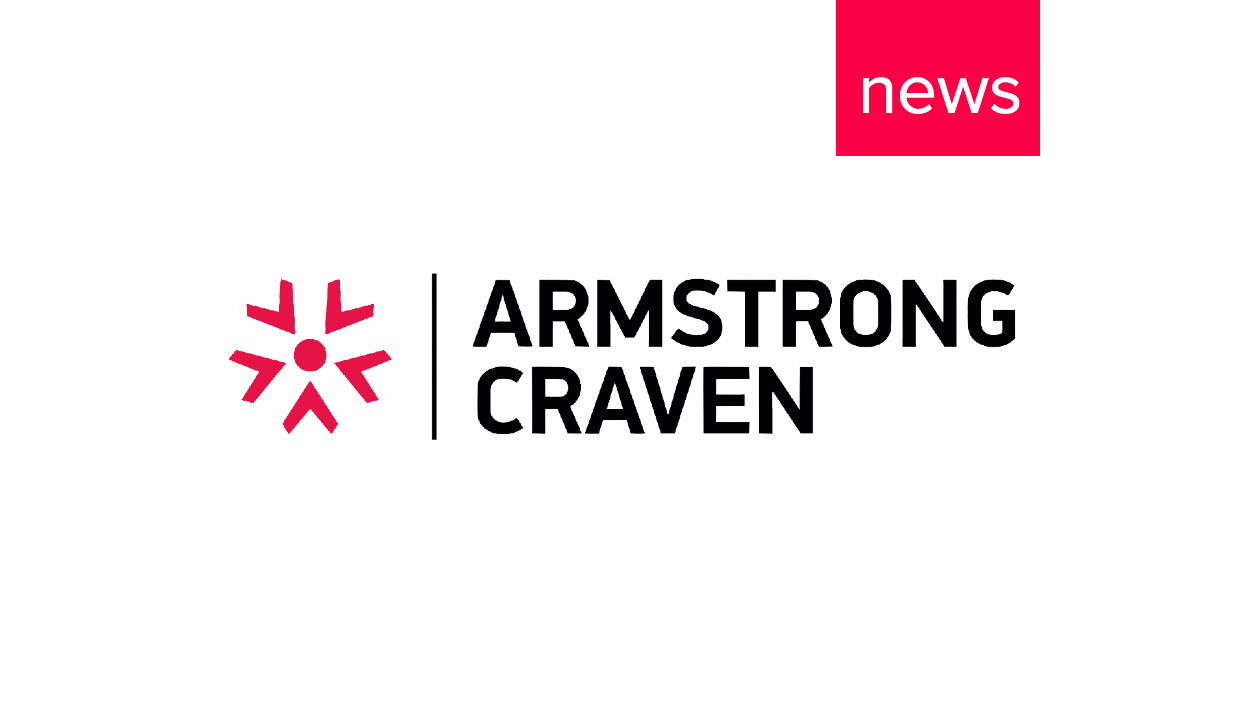Assessing leadership in a multicultural world
28 Jul, 20163 min
The skills required by today’s business leaders are more complex than ever before.
We live in an increasingly globalised world, one in which multicultural and, indeed, virtual work teams are becoming the norm rather than the exception.
The skills and attributes required to manage such teams are varied but the techniques and tools being used by organisations to choose their leaders are not keeping pace with the changing dynamics of the corporate workplace.
It is not uncommon for today’s leaders to have to manage multicultural teams which may comprise people as far apart geographically and culturally as China, Israel and Switzerland.
Traditionally, organisations are used to investing in an expatriate leader who is going to be located in one particular culture. They get to know a specific country or region, its traditions and ways of doing business and socialising.
Leading a multicultural team is a very different animal to a local team. Such teams are operating across a global, virtual context with people from various nationalities, working together to achieve global business aims.
However, organisations are still focussing on traditional, ‘one size fits all’ leadership qualities when hiring leaders to run their unique, multicultural business.
A leader and those who work in such a multicultural team need to possess a number of characteristics including cultural intelligence and adaptability with technology and leadership styles.
As part of my MSc in Occupational Psychology, I have examined the challenges of leadership in a multicultural world. The assessment and selection of such leaders needs to take into account many different considerations including:
1. Are they tech-savvy? Running multicultural teams in a global context will require regular contact by Skype, WhatsApp and other technology platforms. Checking in regularly with team members and understanding which communication method works best for different teams is crucial when communicating across different territories and time zones.
2. Are they able to adapt their leadership styles to suit different cultures? Do they have an appreciation of and empathy with the nuances of different work environments?
3. Are they able to inspire globally dispersed teams towards shared goals? Inspiring multi-cultural teams towards a shared identity is fundamental when working towards a common business objective.
4. Are they a good listener? Good leaders need to be able to take on board the different perspectives which come from a multicultural team.
5. Are they sensitive enough? The leader of a multicultural team needs to have the sophistication to be able to understand the different values held by workers in different countries and manage conflicting attitudes effectively.
6. Are they able to develop their own company’s culture so that it is fit for purpose not just today but also for tomorrow? The fast-paced global business environment we inhabit today will continue to change as will the expectations and demands of its best talent.
Running a multicultural team in a global business environment is not for the feint-hearted. It requires a rare set of skills.
It also follows that the methods used to find and attract this special talent have to be fully attuned to the requirements.
The best route to the successful recruitment of leaders of multicultural and virtual teams is to take a longer term approach.
This may start with an insight programme which goes beyond the data and develops a complete understanding of the trends and challenges facing different markets, including identifying and tracking the established and emerging talent working in them.
Talent mapping and talent pipelining is another increasingly important consideration of organisations trying to stay one step ahead of their competition. They want to know about everyone they need to know about to meet their needs today and tomorrow.
The organisations that best understand what good leadership looks like in a multicultural, globalised world will be well-placed to ensure they are able to attract the talent that is best suited to meet often diverse and complex needs.
Speak with an expert
If you want to learn a little more about what we do and how talent research can help you make better-informed business decisions, our team of talent research and consulting specialists are happy to help.







